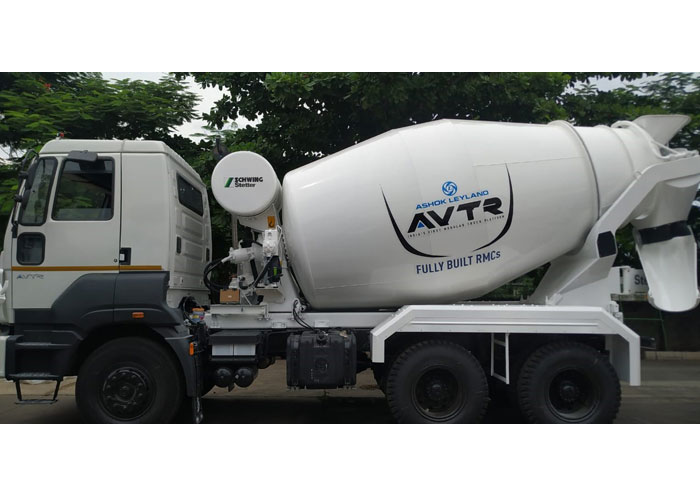That's where construction equipment rental comes in. Renting machinery and tools allows contractors and project managers to save money, reduce storage costs, and access the latest technology without the long-term financial commitment. In this blog post, we’ll explore everything you need to know about construction equipment rental.
Construction equipment rental is the process of leasing heavy machinery and tools for a set period, often by the day, week, or month. It allows contractors, construction companies, and even DIY enthusiasts to access the equipment they need without the high upfront cost of purchasing. Commonly rented equipment includes excavators, bulldozers, cranes, backhoes, forklifts, and more. Rentals are often offered by rental companies who maintain and repair the equipment, ensuring that you get top-quality machinery when you need it.
Benefits of Renting Construction Equipment
- Cost-Effective: Purchasing construction equipment can require a substantial investment. Renting equipment reduces this upfront cost and allows you to allocate your funds toward other areas of your project. You only pay for the equipment when you need it, which makes it a more affordable option for short-term projects.
- Access to New Technology: Renting gives you access to the latest models and innovations in construction equipment. You don’t have to worry about older, outdated machinery that might be inefficient or require expensive repairs.
- Reduced Maintenance Costs: When you rent construction equipment, the rental company typically handles regular maintenance and repairs. This eliminates the need to invest in costly repairs and ensures that the machinery is in optimal working condition.
- Storage Savings: Storing heavy machinery can be a logistical challenge. By renting, you don’t need to worry about where to store equipment when it’s not in use, saving you valuable space and reducing overhead costs.
Types of Construction Equipment Available for Rent
- Earthmoving Equipment: Excavators, bulldozers, backhoes, and skid-steer loaders are essential for earthmoving and site preparation tasks.
- Compaction Equipment: Rollers, compactors, and trenchers are used to compact soil or asphalt to ensure stable foundations.
- Material Handling Equipment: Forklifts, cranes, and telehandlers are used for lifting and transporting materials around the site.
- Concrete and Paving Equipment: Rentable equipment in this category includes concrete mixers, cement trucks, and paving machines for road construction.
- Power Tools and Smaller Equipment: Rental companies also offer power tools like drills, saws, and generators that are essential for completing many construction tasks.
Factors to Consider When Renting Construction Equipment
- Project Duration: Consider how long you'll need the equipment. If the project is long-term, renting may be more expensive than purchasing, so weigh the costs carefully.
- Equipment Condition: Always inspect the machinery before agreeing to the rental. Check for signs of wear and tear and ensure it has been properly maintained.
- Rental Terms: Understand the terms of the rental agreement, including any insurance or liability coverage, delivery fees, and late return policies.
Frequently Asked Questions about Construction Equipment Rental
How do I choose the right construction equipment for my project?
Choosing the right equipment depends on the scope of your project and the specific tasks at hand. Consult with a rental company representative who can help match the right machine to your needs.
Do rental companies offer insurance for construction equipment?
Most rental companies offer insurance for their equipment, though it’s essential to verify the details of coverage with the rental company beforehand.
What happens if the equipment breaks down during the rental period?
If the equipment breaks down, most rental companies provide maintenance and repair services. Be sure to clarify the terms in your rental agreement.
How far in advance should I rent equipment?
It's recommended to book your equipment well in advance, especially for popular or specialized machinery, to ensure availability during peak seasons.
Conclusion
Construction equipment rental offers numerous advantages, including cost savings, access to the latest technology, and reduced maintenance responsibilities. Whether you're working on a small renovation or a large construction project, renting equipment can be an ideal solution to meet your needs without overspending. Just be sure to consider all the factors mentioned above and ask the right questions to ensure a smooth rental experience.





